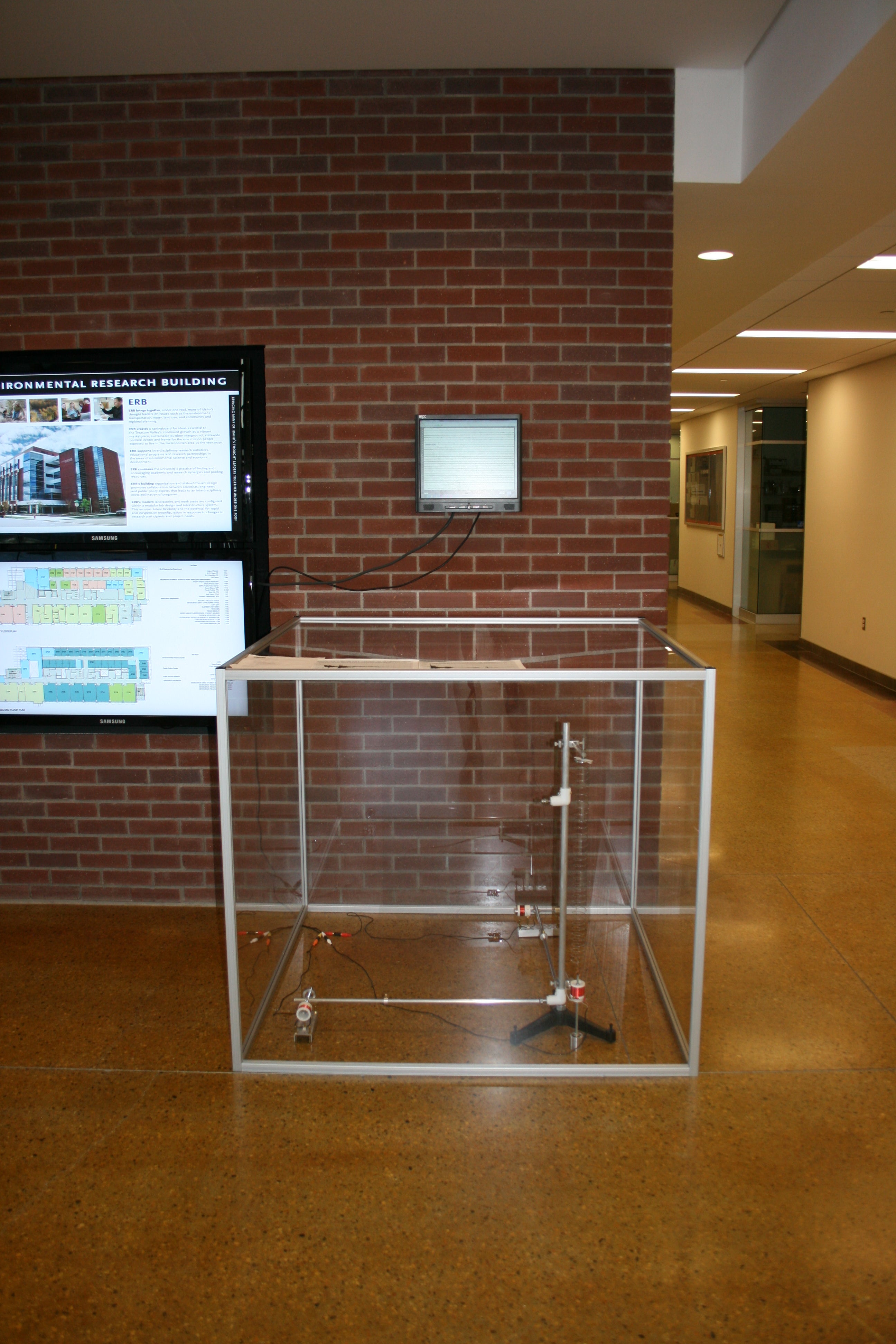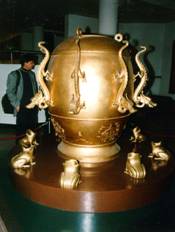
Welcome to the Boise State Seismic Station Network website. This site and its content were designed by Kasper van Wijk, Kara Ferguson, Helena Mallone, Ted Channel, Martin Smith from Blindgoat Geophysics, and Chris Knudsen from New England Research, Inc. (NER). Our goal is to provide you with information on building and running low-cost seismographs, so you can learn how dynamic our planet really is. Seismographs have been used to study earthquakes for more than 1,800 years. The earliest know seismograph, referred to as a seismoscope, was created by a Chinese philosopher, Chang Hêng, in 132 A.D.
Throughout the ages, people have continued to perfect the design and function of seismographs. Here we present low-cost and educational seismographs capable of recording earthquakes of magnitude 6 and greater. If you live in a seismically active area, you may record earthquakes as small as Magnitude 2.
On this site we are very happy to share our most recent designs of a vertical seismograph, the TC1 Seismometer (fka Slinky Seismometer). For those that are not up to the task of building your own, we also sell pre-made TC1 Seismometers, that assemble in minutes. However, you will find that especially the TC1 Seismometer is easy to build yourself!

If you questions regarding pre-made vertical TC1 Seismometers please visit http://ru.auckland.ac.nz. There you can find how to sign up to the new mailing list, and also you will see lots of info on the TC1, significant earthquakes, and seismology for schools in general.